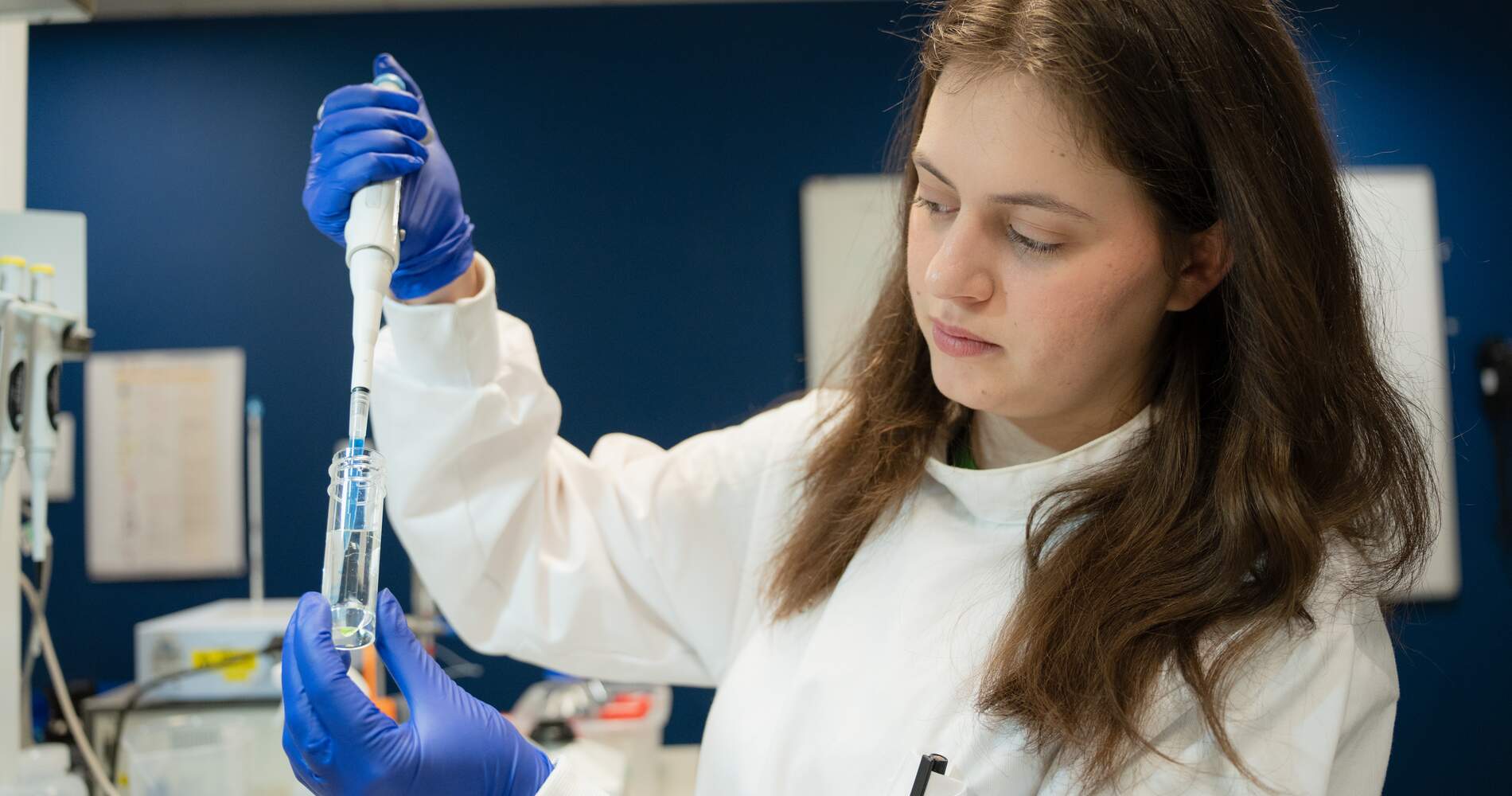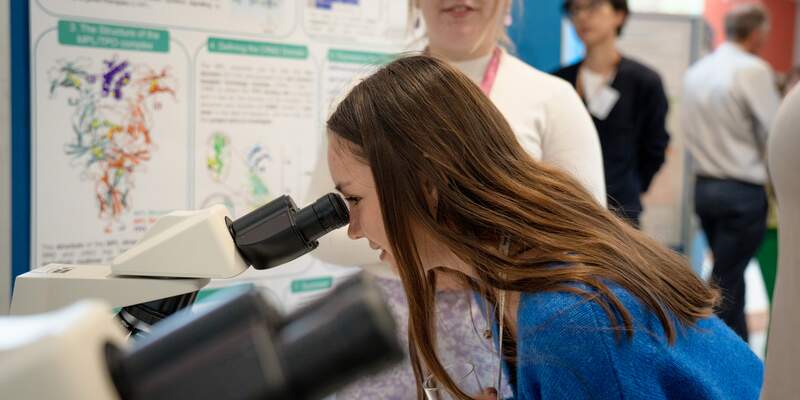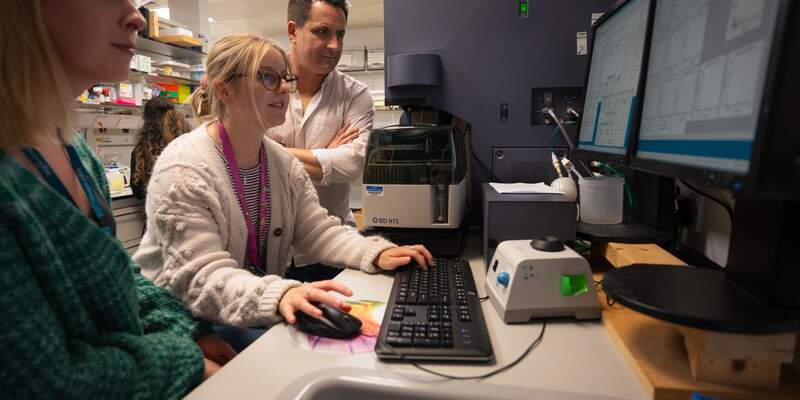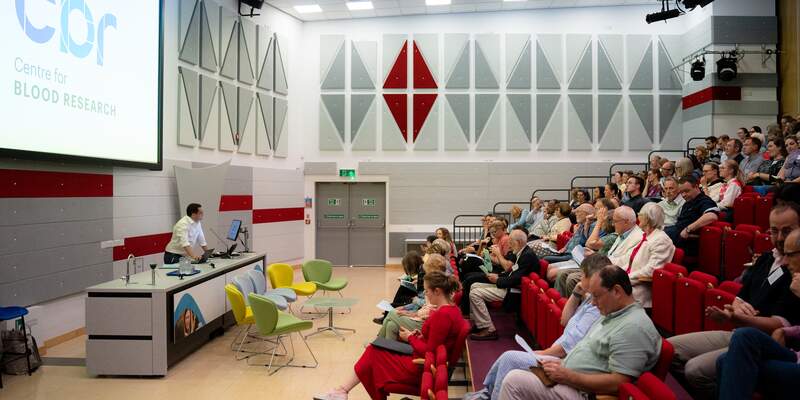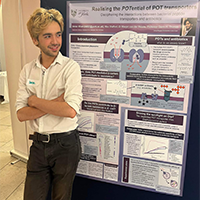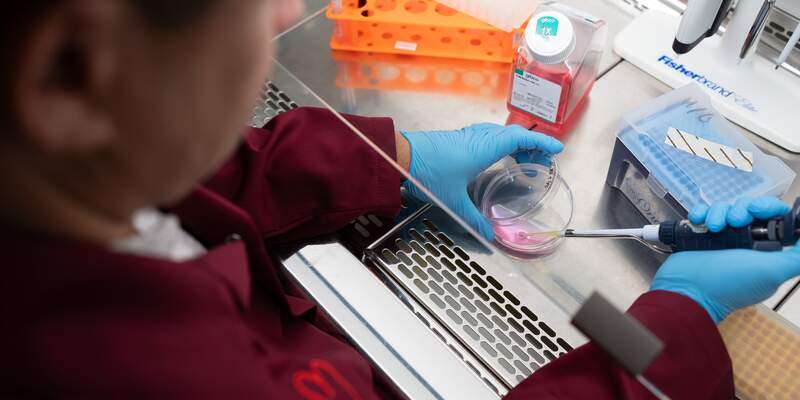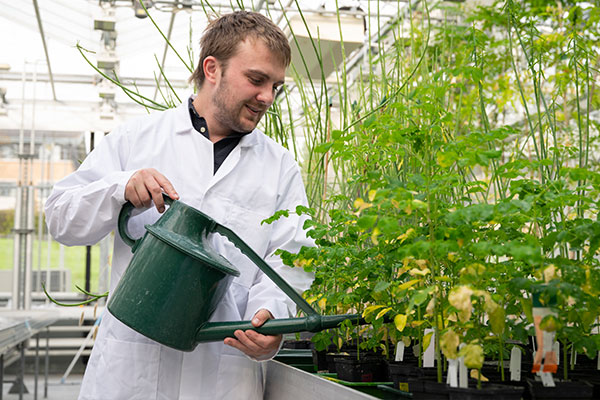| Length | Start dates (semester dates) | |
|---|---|---|
| PhD |
3-4 years full-time |
January or |
This programme provides an opportunity for outstanding graduates with an interest in biomedical science, the area of basic science which focuses on the study of fundamental biological processes involved in health and disease.
Our programme, as well as biomedical research in general, uses multidisciplinary approaches to comprehend and combat disease, encompassing a wide variety of disciplines from molecular medicine to chemical biology, biophysics and bioengineering.
Depending on the specific nature of your project, you'll have the opportunity to obtain the following academic designations upon completion:
- PhD in Biomedical Science
- PhD in Biomedical Science (Biomedical Technologies)
- PhD in Biomedical Science (Chemical and Structural Biology)
The choice of degree titles aims to reflect the different disciplines involved in this degree. Studying across a range of disciplines you'll have access to tailored York Biomedical Research Institute (YBRI) doctoral training activities focused on the biomedical sciences and the core YBRI themes:
- Immunology, haematology and infection
- Molecular and cellular medicine
- Neuroscience
Your research
A PhD thesis can be up to 80,000 words long and must contain a substantial original contribution to scientific knowledge or understanding.
Your thesis is assessed by internal and external examiners, who will feed back on your work, and may require corrections. You will sit a final oral examination, known as a viva, within three months of submitting your thesis.
Areas of PhD research fall within, but are not limited to, the diverse biomedical portfolio of our academic staff, including neuroscience, molecular and cellular medicine, immunology, haematology, infection, chemical and structural biology, biophysics, and bioengineering.
Working under the supervision of world-leading, research-active supervisors, you'll be encouraged to contribute substantially to the development of new techniques, ideas or approaches as you pursue research in biomedical science at an advanced level.
We encourage you to apply for an existing project (listed at the bottom of this page) unless you have a specific project proposal in mind.

